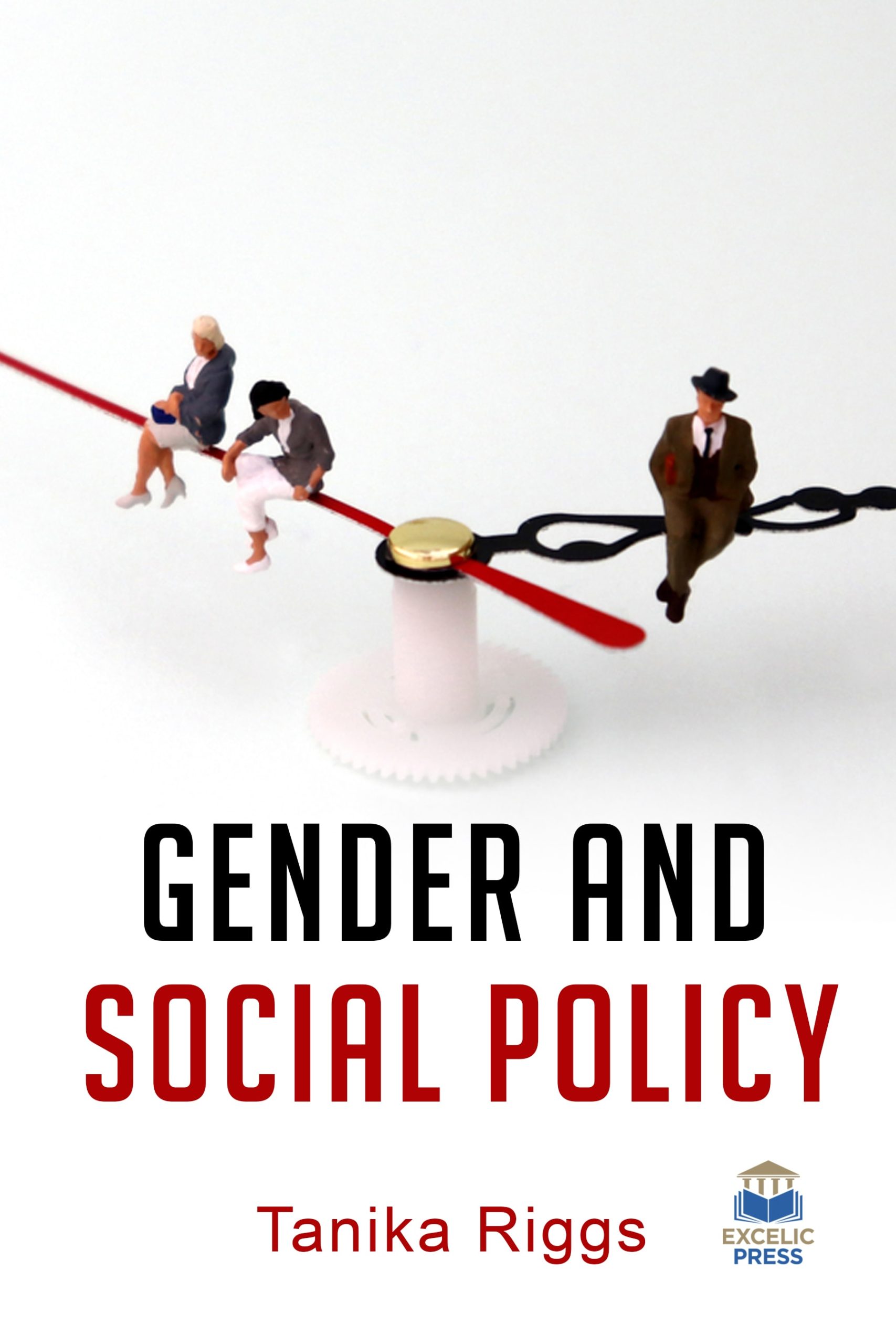The past several years have perceived a transformed interest in social policies, and some governments have amplified social spending to moderate the impacts of economic improvement. These changes have come in the wake of widespread realization of the failure of the neoliberal economic model to generate economic growth and dynamism, and to reduce poverty. At the same time, processes of political liberalization have opened spaces for social movements in many parts of the developing world to articulate demands for more effective social policies that mitigate the effects of market failures and reduce inequalities. More generally, social policies must take into consideration and value all of women’s contributions to child care and family life. A straightforward way of acknowledging these contributions would be to raise the standard of living for low-income families through increased benefits, including social assistance benefits. Moreover, the “employment incentives” emphasis on social assistance policies must be replaced with realistic employment expectations and meaningful opportunities. Furthermore, to enhance access to education and employment among mothers, regardless of their age and marital status, there is an indisputable need for a national child-care system.
Gender and Social Policy explores recent social policy reforms and innovations on gender roles and relations. This book is an attempt to move the gender analytical framework closer to the centre of social policy thinking. It laid out the gendered nature of economic transformations in the late twentieth century, drawing out the implications for gender equality of shifts in the nature of labour markets and the relationships between paid and unpaid work. The relationship between political democratization and the development of gender equitable social policy is examined concerned with the issue of women’s agency in relation to advocating for social policy change in ways that meet their various needs.
Providing a state of the art overview, this work serves as an essential guide to students, practitioners, as well as policy makers dealing with the subject of Gender and Social Policy.

